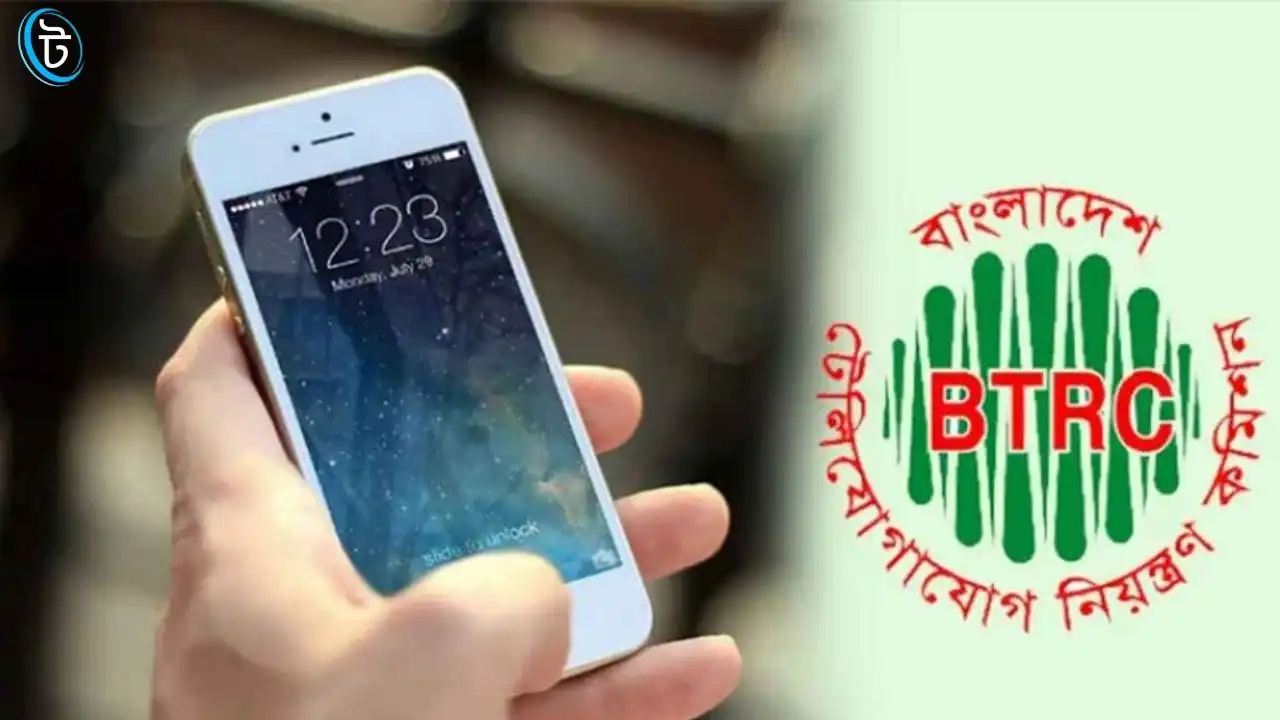Skincare formulations represent a massive market, with innovative products being developed daily to address various beauty and health concerns. However, if you’ve invested time and resources in creating a unique skincare formula, protecting your intellectual property is crucial to ensure your hard work isn’t replicated without your permission. This article explores the essentials of patent protection for skincare formulas, how it works, and why it’s important.
What Is a Patent for a Skincare Formula?
A patent is a legal right granted by a government authority to the inventor of a new and useful product, process, or composition of matter. In the case of skincare formulas, a patent protects the unique combination of ingredients and processes involved in creating a product. By obtaining a patent, you can prevent competitors from making, selling, or distributing products that mimic your formula without authorization.
Types of Patents Relevant to Skincare Formulas
- Utility Patents: Utility patents protect the functional aspects of a product or process. For skincare, this could include how the formula interacts with the skin or delivers active ingredients effectively.
- Design Patents: Design patents cover the aesthetic elements of a product, such as packaging. While not directly related to the formula, it adds an extra layer of protection.
- Provisional Patents: A provisional patent is a temporary placeholder that allows you to claim “patent pending” status for your formula while you finalize your formal patent application.
Steps to Patent a Skincare Formula
- Conduct a Patent Search: Before applying, conduct a thorough search to ensure your formula or process is truly unique and hasn’t been patented already. The USPTO (United States Patent and Trademark Office) database is an excellent starting point.
- Document Your Work: Maintain detailed records of your research, development process, and testing results. This documentation will strengthen your patent application and serve as evidence in case of disputes.
- Hire a Patent Attorney: Patent law can be complex. Hiring a qualified attorney ensures that your application is thorough and accurately represents your innovation.
- Submit a Patent Application: File your application with the relevant authorities, such as the USPTO. The application will include:
- A written description of the formula and its benefits.
- Claims outlining the specific aspects of the formula that need protection.
- Supporting data demonstrating the formula’s uniqueness and efficacy.
- Await Examination: Patent examiners will review your application. They may request additional information or revisions before approval.
Benefits of Patent Protection for Skincare Formulas
- Exclusive Rights: A patent grants you exclusive rights to manufacture and sell your product for up to 20 years, giving you a competitive edge.
- Market Credibility: Patented products are often perceived as more trustworthy and innovative by consumers, which can boost brand value.
- Monetization Opportunities: You can license your patent to other companies, generating additional revenue streams.
- Legal Recourse: If a competitor tries to copy your formula, a patent gives you the legal standing to take action against them.
Challenges in Patenting Skincare Formulas
- High Costs: Filing and maintaining a patent can be expensive, with fees ranging from a few thousand to tens of thousands of dollars.
- Complexity of Ingredients: Many skincare products share similar ingredients, making it challenging to prove uniqueness.
- Time-Consuming Process: It can take years for a patent to be approved, delaying your ability to enforce your rights.
- Geographical Limitations: Patents are territorial, meaning you’ll need to file separate applications in different countries for global protection.
Frequently Asked Questions (FAQs)
Q: Can I patent a natural ingredient in my skincare formula? A: No, natural substances cannot be patented unless they have been modified or combined uniquely to create a new product.
Q: How long does it take to patent a skincare formula? A: The process can take 1-3 years or longer, depending on the complexity of your application and the patent office’s workload.
Q: What happens if someone infringes on my patent? A: You can file a lawsuit against the infringing party. If successful, you may receive damages or a court order to stop the infringement.
Q: Can I sell my skincare product before obtaining a patent? A: Yes, but doing so increases the risk of imitation. Filing a provisional patent before launching is advisable.
Q: Do I need a patent to sell skincare products? A: No, a patent is not required to sell products. However, it provides legal protection and strengthens your market position.
Conclusion
Protecting your skincare formula through a patent is a critical step in safeguarding your innovation and ensuring long-term success in a competitive market. While the process can be costly and time-consuming, the benefits of exclusive rights and market credibility outweigh the challenges. Whether you’re a budding entrepreneur or an established brand, securing a patent allows you to focus on creating exceptional products without the fear of unauthorized replication.










